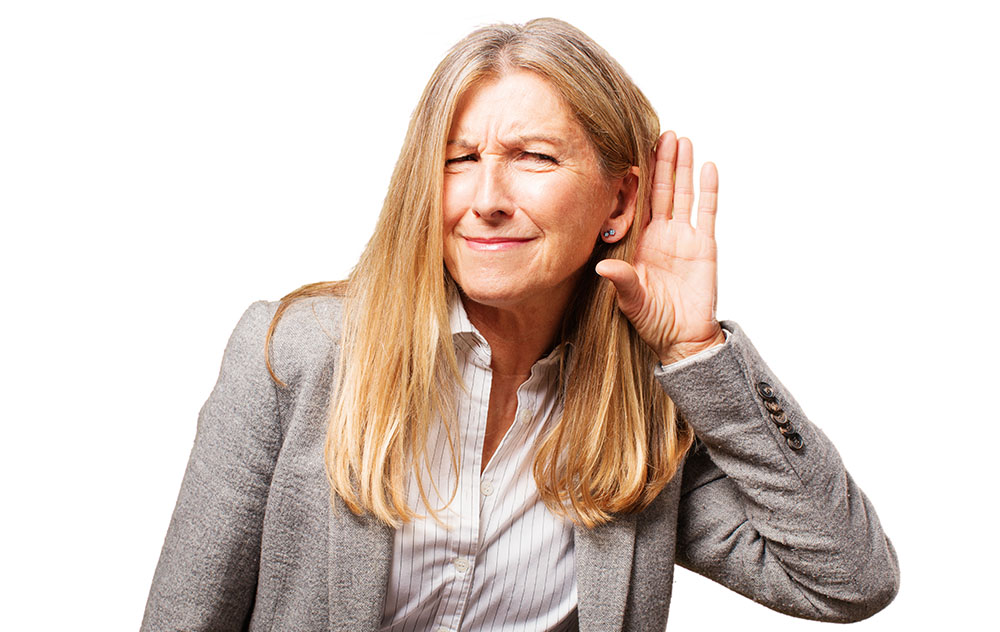How to Pick the Right Hearing Instrument Specialist
Hearing instrument specialists (HIS) play a vital role in your hearing


Hearing instrument specialists (HIS) play a vital role in your hearing

If you're getting hearing aids for the first time, you probably have a

Whether you've suffered problems or not doesn't matter. There are